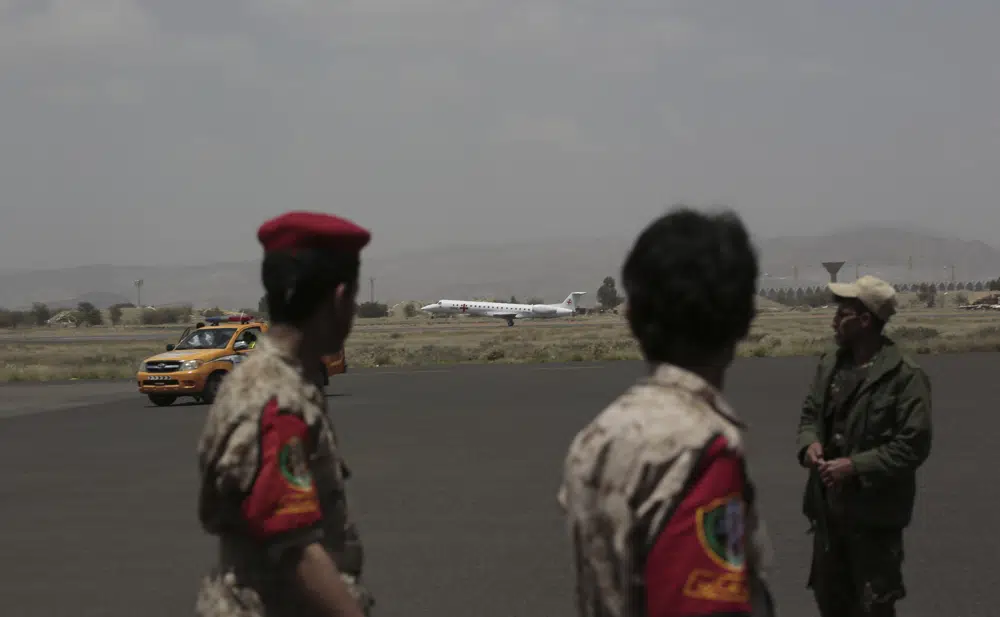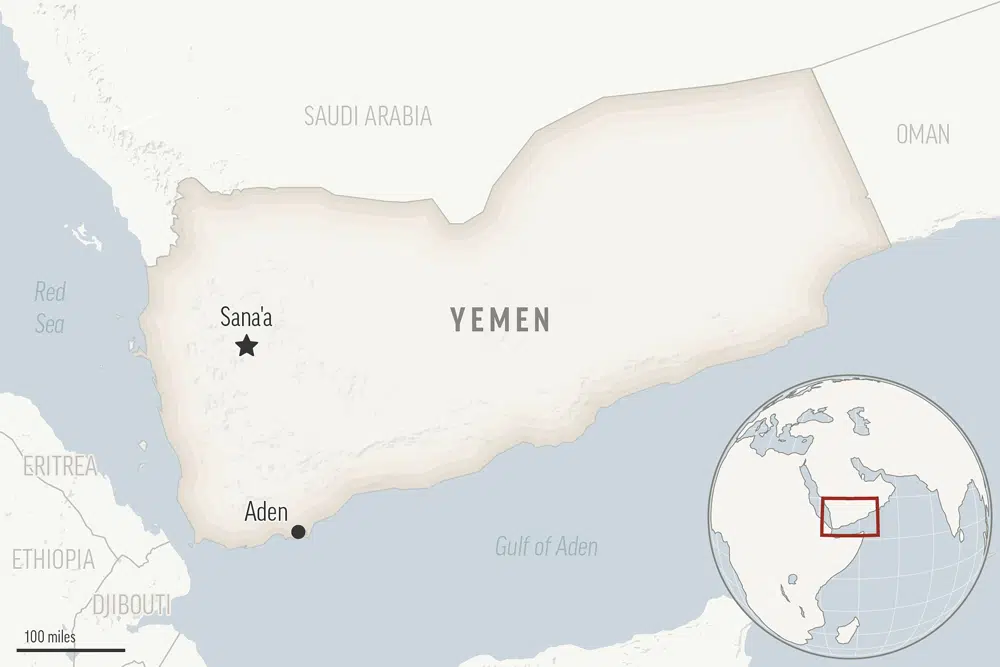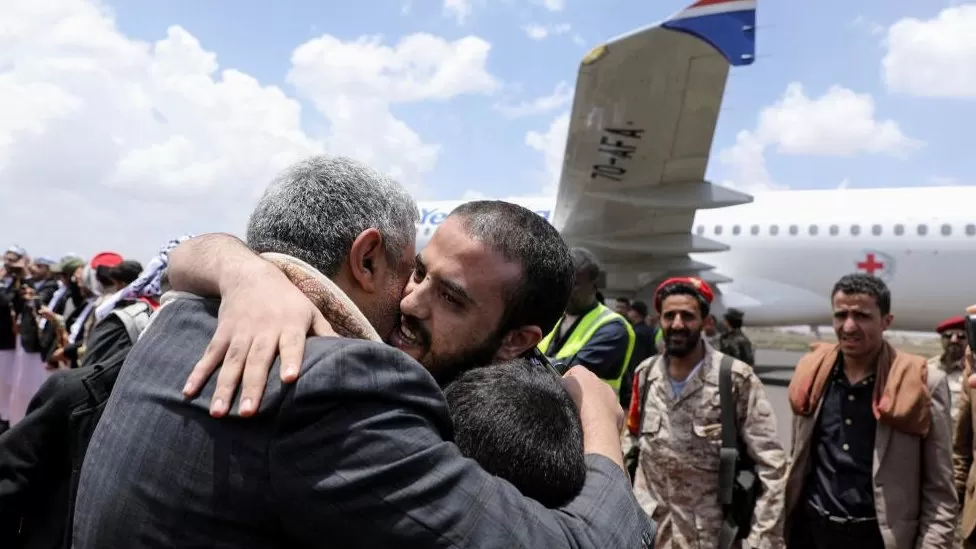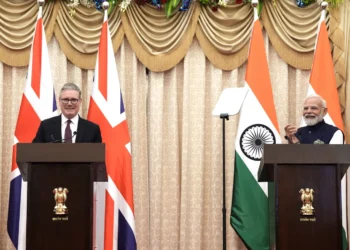According to the International Committee of the Red Cross (ICRC), an exchange of prisoners linked to Yemen’s long-running war began on Friday, April 14, 2023.
The war between rebels and pro-government Saudi-led forces has left tens of thousands of Yemenis dead. It has also created what the UN has called the world’s worst humanitarian crisis, with some 80% of the population forced to rely on food aid to survive.
More than 800 prisoners are expected to be exchanged over the next three days. It is most significant prisoner exchange in Yemen since the Saudi-led coalition and their rivals, the Houthi rebels, released more than 1,000 detainees in October 2020.
The prisoner swap is also regarded as a confidence-building measure, following talks earlier this week in Sanaa between a Saudi delegation and Houthi rebels aimed at reaching a new and potentially permanent ceasefire. The talks were facilitated by Oman, which shares a border with both Saudi Arabia and Yemen and has played a key role in attempts to broker an end to the fighting for years.
In Sanaa, the Houthi-held capital, dozens of former prisoners descended from a plane and were greeted with hugs and kisses by family members and a reception line of Houthi political leaders. An injured man was supported by medical workers.

The flight arrived from Aden, the seat of the country’s internationally recognized government allied with Saudi Arabia.
Majed Fadail, a Deputy Minister for human rights for Yemen’s government, disclosed that as part of the three-day exchange, flights will transport prisoners from government-controlled cities inside Yemen and Saudi Arabia to Sanaa.
The Red Cross announced that there would be two rounds of simultaneous flights on Friday between Aden and Sanaa to transfer prisoners.

The deal calls for the Houthis to release more than 180 prisoners, including Saudi and Sudanese troops fighting with the Saudi-led coalition, and four Yemeni journalists. The journalists were detained in recent years and sentenced to death by a Houthi-controlled court in a trial described by Amnesty International as “grossly unfair.”
The deal also will ensure the release of top military officials held by the Houthis since the start of the war. Those include Maj. Gen. Mahmoud al-Subaihi, who was the Defense Minister when the war erupted; Nasser Mansour Hadi, the brother of former Yemeni President Abed Rabbo Mansour Hadi; and relatives of late strongman President Ali Abdullah Saleh.
In return, the Saudi-led coalition and Yemeni government are scheduled to release more than 700 Houthi prisoners, the rebels said.
Yemen’s conflict began in 2014 when the Houthis seized Sanaa and much of the country’s north. The internationally recognized government fled to the south and then into exile in Saudi Arabia.
A Glimmer Of Hope Amidst Great Suffering

Fabrizio Carboni, the Red Cross’ Regional Director for the Near and Middle East, noted in a statement, “With this act of goodwill, hundreds of families torn apart by conflict are being reunited during the holy month of Ramadan, a glimmer of hope amidst great suffering.”
“Our deep desire is that these releases provide momentum for a broader political solution, leading to even more detainees returning to their loved ones.”
Fabrizio Carboni
However, some analysts fear that a new version of the conflict could erupt between Yemen’s rival governments.
“I see prospects for temporary peace between the Saudis and the Houthis but escalation of violence within Yemen,” Nadwa Dawsari, a nonresident scholar with the Middle East Institute, a Washington-based think-tank, opined.
Dawsari made an assertion that the Houthis have not shown themselves to be willing to compromise to reach peace with other Yemeni groups. “That is their ideology, they feel they are entitled to rule,” she said.
Yemen also remains home to al-Qaida in the Arabian Peninsula, perceived by Washington as a precarious offshoot of the Islamic extremist group.
READ ALSO: U.S Air National Guardsman To Appear In Court Over Intelligence Leak





















